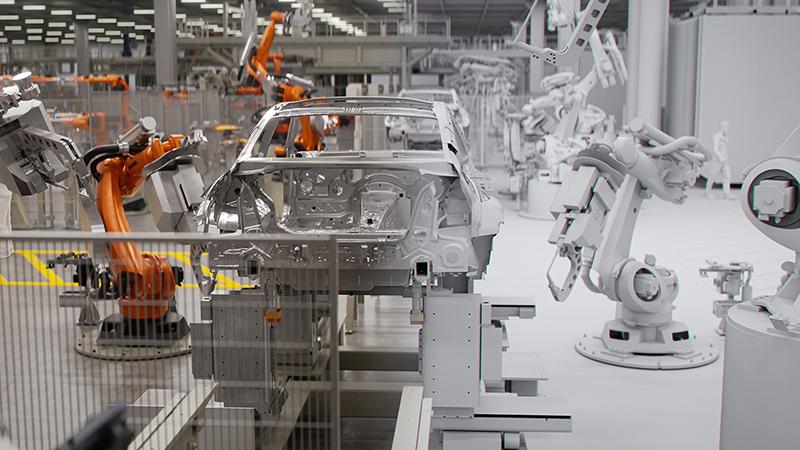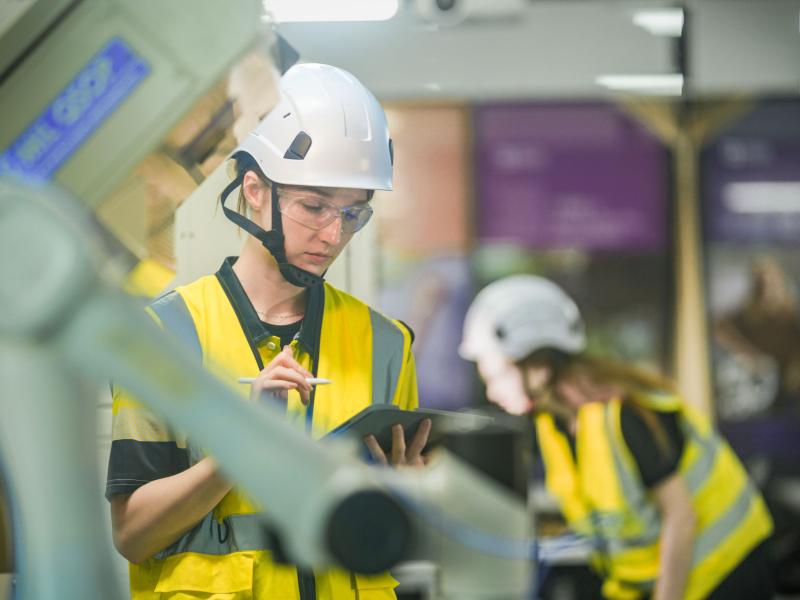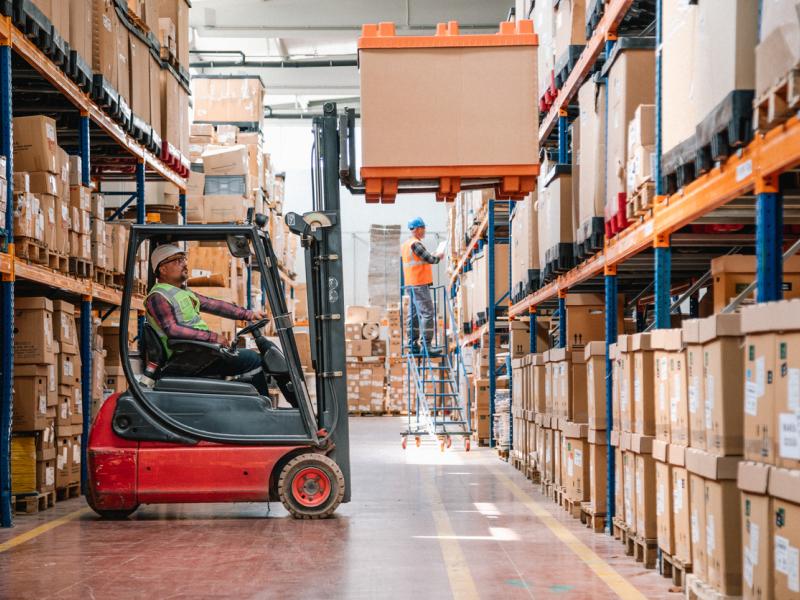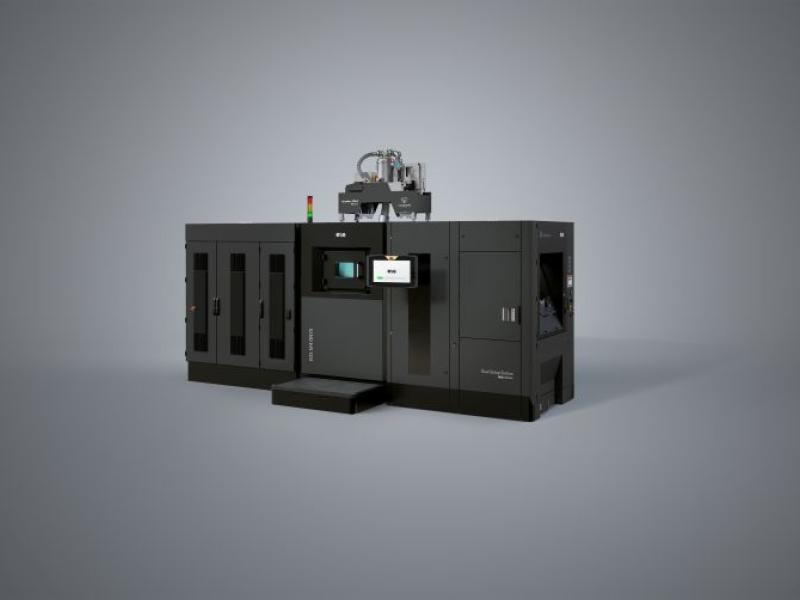BMW Group has taken factory planning to new heights – setting the latest milestone in the digitalisation of automotive manufacturing. More than two years before the official launch of series production, vehicle manufacturing is already underway in the future plant Debrecen – virtually, at least, as Debrecen is the BMW Group’s first facility to be planned and validated completely virtually.
The ground-breaking and innovative planning concept was realised in collaboration with its partner NVIDIA. The future plant Debrecen is scheduled to open in 2025. Construction has just begun, and the new facility is scheduled to produce the BMW Group’s next generation of all-electric models: the Neue Klasse.
BMW Group is taking a digital-first approach to validate and optimise complex manufacturing systems across its production network using NVIDIA Omniverse Enterprise, a platform for building and operating 3D industrial metaverse applications, to run real-time digital twin simulations to optimise layouts, robotics and logistic systems virtually. Omniverse will be extended across the BMW product network around the world.
“Digitalization is moving fastest in the automotive industry and BMW has been a leader in advancing this vision,” said Jensen Huang, founder and CEO of NVIDIA. “We are partnering closely with BMW, using NVIDIA Omniverse to help streamline their manufacturing processes, enhance collaboration and further efficiency. Our collaboration will continue to push the frontiers of virtual integration for the next generation of smart, connected factories around the world”.
In a joint demo at the NVIDIA GTC, a global conference for the era of AI and the metaverse, Milan Nedeljković, took Huang on a virtual planning session for the new body shop. Nedeljković described the real-time collaboration between the different BMW Group planning departments and their partners as a “revolution in factory planning”, delivered on NVIDIA’s Omniverse – which had enabled the first virtual start of production.
Virtual planning facilitates global collaboration – rollout starts end of March
NVIDIA Omniverse makes collaboration across sites and time zones easier and supports the planning and design of structures, production systems and processes at an entirely new technological level. It works as a “cockpit”, offering quick, easy access to the digital planning worlds of BMW. At the end of this month, Omniverse, which is both cloud-based and cloud-agnostic, will be available to BMW experts in various technologies and planning departments.
Next milestone in the BMW iFACTORY
Meanwhile, virtual planning is under way for the roughly 1.4 km2 production hall for the Neue Klasse in Debrecen, where the success of the virtual start of production is a testament to the high standards that can be achieved through the digitalisation of the planning process. NVIDIA Omniverse allows production experts to use live data both in-house and with suppliers on the detailed planning and optimisation of processes and individual systems – without compatibility issues. It makes structure and facility data easy to retrieve and integrate with equipment and assembly line data. In the future items and part numbers for production materials will be available as well. What’s more, layout options – for instance for robots in work cells, or for the various areas of logistics – can be played through in real-time, photorealistic simulations and adapted as required. And with Omniverse, any modifications are evaluated, validated and implemented in real-time. The platform also will allow suppliers to be involved in decision-making and integrates the tried-and-tested design and planning tools that BMW has been using to date.
Over time all the relevant product, process, quality and cost data will also gradually be available in Omniverse alongside the development, planning and production processes. There will also be further developments to the platform, which are expected to include “invisible” processes such as the consumption of energy and resources.






